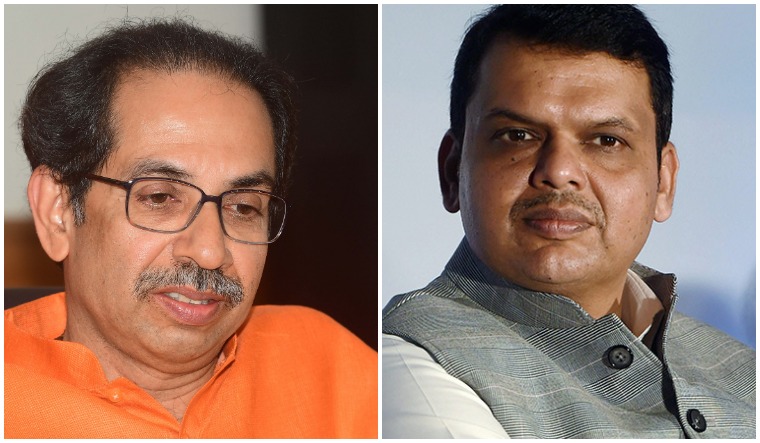The people of Maharashtra have once again given BJP-Shiv Sena the mandate to govern the state for another five years. The victory, however, isn't a clean sweep as the BJP was hoping it to be. It is, in fact, bitter-sweet. It is bitter because, despite fighting as an alliance, the combined tally of the BJP and Shiv Sena stands at 158—27 seats fewer than in 2014 when they fought as rivals. It is a far cry from 200-plus, saffron strategists were predicting prior to the results. The victory is sweet because the saffron combine still gets to rule the state for another full term as the things stand now.
also read
- Maharashtra Assembly to elect speaker tomorrow; BJP leader Narwekar files nomination
- Maharashtra Assembly poll results: MVA’s poor show likely to cost alliance opposition leader’s chair
- ‘Maharashtra has broken all records’: PM Narendra Modi lauds BJP-led Mahayuti’s landslide victory
- Maharashtra assembly polls 2024: Deputy CM Ajit Pawar wins Baramati, defeats nephew Yugendra Pawar
- Jharkhand assembly polls: 'Passed exam of democracy', says Hemant Soren as JMM retains power
The BJP strategists were hoping that the party would cross 130 easily and hover somewhere close to halfway mark of 144 in the 288-member assembly. They claimed that anti-incumbency did not exist. The results have proved them completely wrong. The defeat of six ministers, including a heavyweight like Pankaja Munde (Parali constituency), is a clear pointer to the presence of anti-incumbency. Another pointer was the reduced numbers of the saffron-combine in Vidarbha, Marathwada and Western Maharashtra regions.
Yet another factor that brought down numbers of the BJP-Shiv Sena combine was the presence of rebels. BJP rebel Vinod Agarwal defeated BJP candidate Gopal Agarwal in Gondia. Gopal Agarwal had quit Congress to join the BJP just a couple of months ago and secured a ticket to contest supposedly because of 'elective merit' seen in him by BJP top brass. BJP candidate Rohini Khadse, daughter of BJP heavyweight Eknath Khadse, was defeated by Sena rebel Chandrakant Patil from Muktai Nagar. In Matoshree's own backyard (residence of Shiv Sena chief Uddhav Thackeray), Sena candidate and Mumbai mayor Vishwanath Mahadeshwar suffered a humiliating defeat because of Trupti Sawant's candidature. Outgoing legislator Sawant had defeated Narayan Rane in 2015 in Bandra East constituency to retain the seat by Sena. This time, Sena denied her ticket and paid the price. The seat was won by Congress's Zeeshan Siddiqui, a first-timer and a light-weight candidate.
On the other hand, the performance of the Congress and NCP especially has much improved as compared to 2014. Congress had won 43 seats in 2014—it has won 46 this time. NCP had won 41 seats in 2014, it has won 54 this time. This is a commendable feat if you consider the mass exodus of key leaders from both parties to BJP and Sena in the aftermath of NDA's landslide victory in 2019 Lok Sabha elections. The credit for this performance should entirely go to NCP supremo Sharad Pawar. Not only did Pawar rejuvenate and energise entire NCP cadre, he also made sure to carry the Congress along. Had Congress's central leadership taken Maharashtra elections seriously, Congress-NCP together could easily have reached 115-120 mark. Satyajeet Tambe, the chief of Maharashtra state youth Congress, described it aptly on Twitter when he tweeted that “people were in the mood [to vote for us] but we fell short”.
The control of the new BJP-Shiv Sena government is now effectively in the hands of Shiv Sena. With BJP tally hovering around 102, the Sena can dictate terms to the BJP. Uddhav Thackeray has already given indications that Sena will ask for chief ministership in rotation. If it does not get chief ministership, Sena will insist on most of the key portfolios and additional ministries at the Centre, it is reliably learnt.



